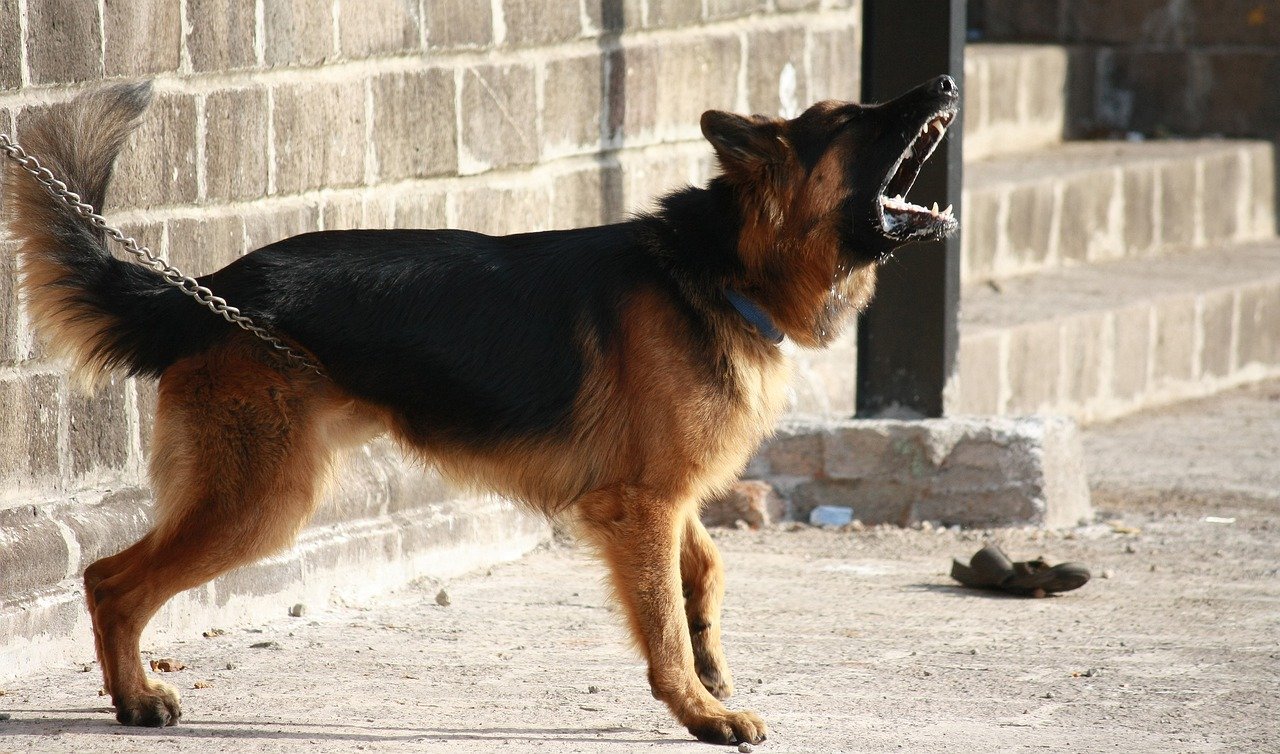German Shepherds are smart, loyal, and full of energy—but they can also come with a few behavioral quirks. From excessive barking and separation anxiety to stubbornness and overprotectiveness, these traits can be tricky if not managed early. The good news? Most of these issues can be tackled with consistent training, mental stimulation, and clear boundaries. Understanding your dog’s needs and communicating calmly can go a long way in shaping a well-behaved companion. A little patience and structure make all the difference with this brilliant breed!
Separation Anxiety: When Being Alone Feels Scary

German Shepherds are fiercely loyal and bond deeply with their people. This loyalty can sometimes turn into anxiety when they’re left alone, leading to destructive behaviors like chewing, digging, or even howling. Imagine being so attached to someone you panic every time they leave the room—that’s what your Shepherd feels! To help, start with short departures and gradually increase the time you’re away. Make leaving less dramatic, and provide puzzle toys or safe chews to keep your dog busy. Some owners find that leaving an old t-shirt with their scent helps calm their pup. Remember, a tired dog is a happy dog, so plenty of exercise before you leave can work wonders.
Excessive Barking: When Silence Isn’t Golden
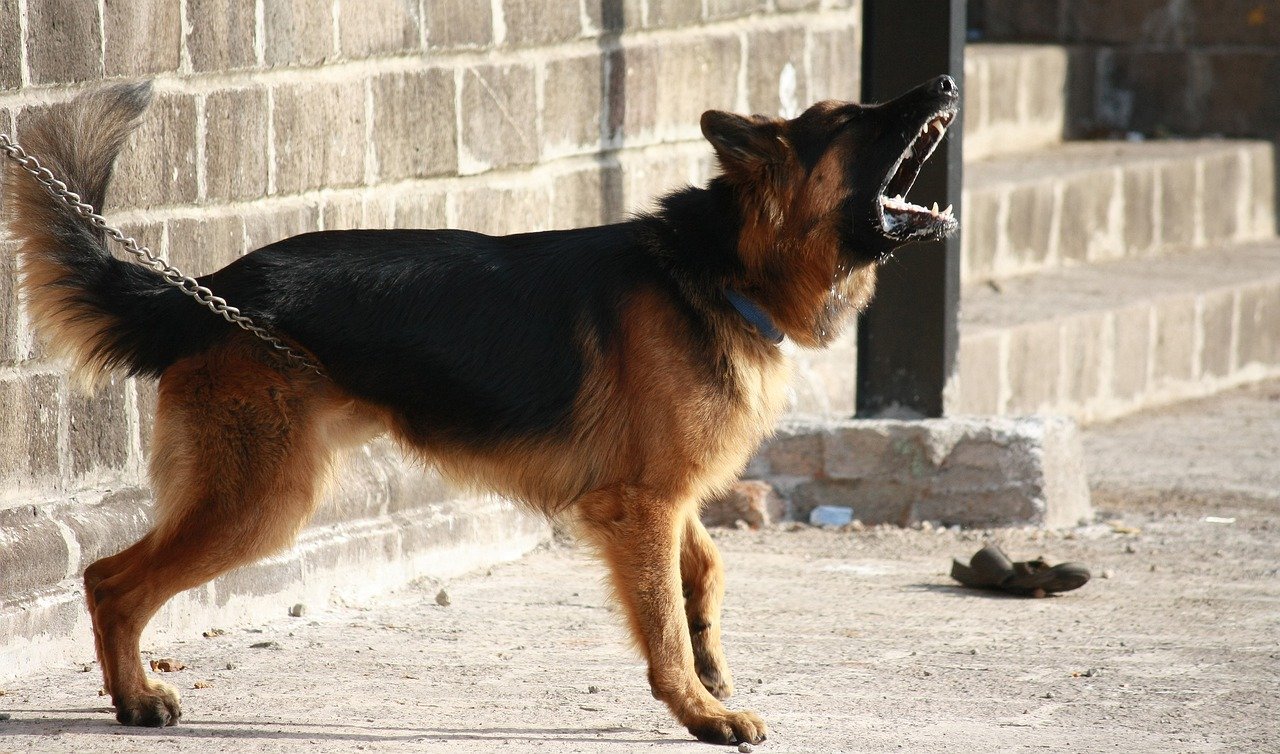
Barking is how German Shepherds talk, but sometimes, they just don’t know when to stop! Whether it’s a squirrel in the yard or a stranger at the door, these dogs can become vocal quickly. The trick isn’t to silence them, but to teach them when it’s okay to speak. Use a firm but gentle “quiet” command and reward them when they stop barking. Redirect their attention with toys or training exercises. It helps to understand what triggers the barking—sometimes, they just want your attention or are bored. Consistency is key, and patience will get you further than shouting ever will.
Chewing Everything in Sight
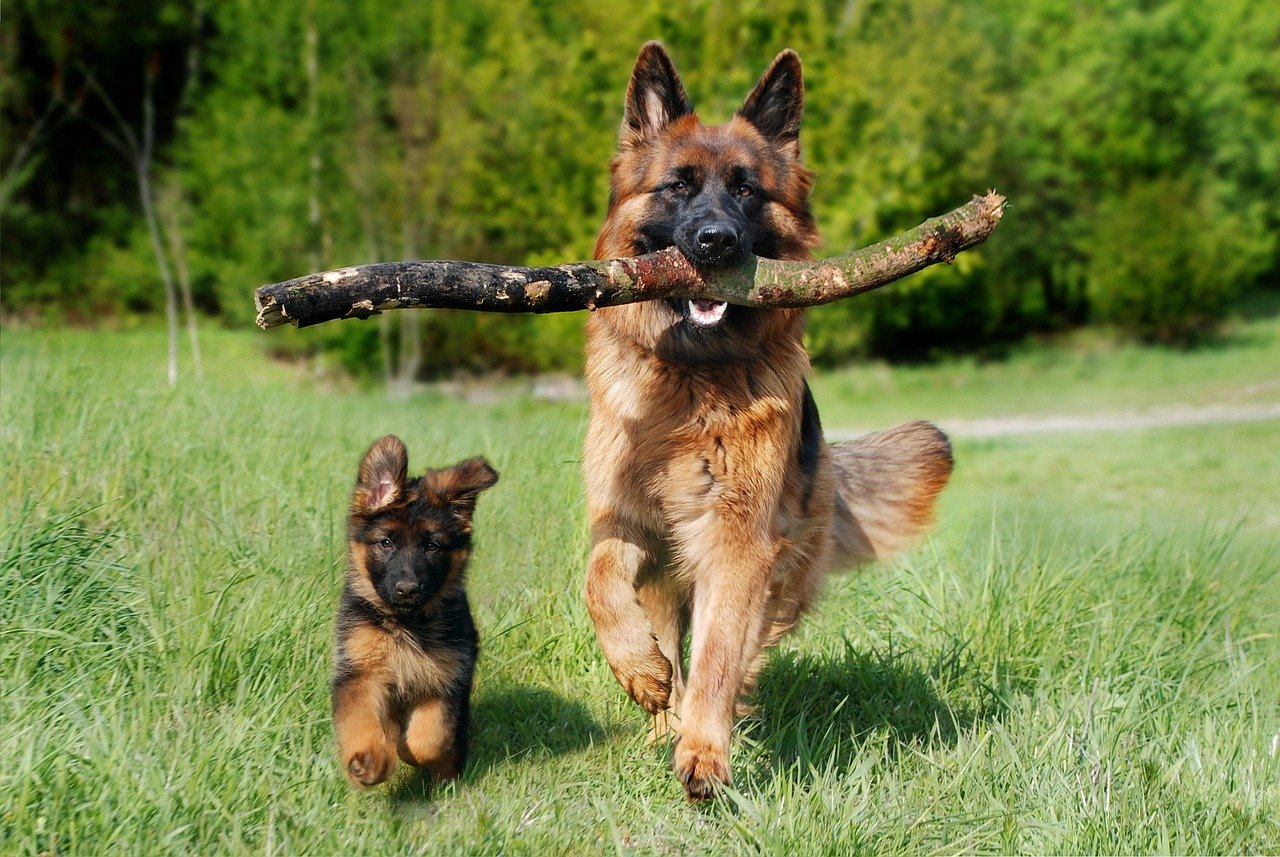
If you’ve lost more than a few shoes or TV remotes to your German Shepherd’s powerful jaws, you’re not alone. Chewing is a natural behavior, especially in puppies, but it can be frustrating. Make sure your dog has plenty of appropriate chew toys. If you catch them gnawing on something off-limits, calmly redirect them to a toy. Puppy-proof your home as much as possible, and remember that teething pups need extra support. Sometimes, chewing is a sign of boredom or anxiety, so try adding more playtime or mental challenges to your routine.
Jumping Up on People

A big, enthusiastic Shepherd leaping up to greet you can be overwhelming, especially for kids or guests. Jumping is often just a happy hello, but it’s important to teach manners early on. Ignore your dog when they jump, and only give attention when all four paws are on the ground. You can also train a “sit” or “off” command to redirect their excitement. Consistency from everyone in the household is crucial—mixed messages will just confuse your dog. Remember, a calm approach works better than pushing your dog away, which can be misinterpreted as play.
Pulling on the Leash
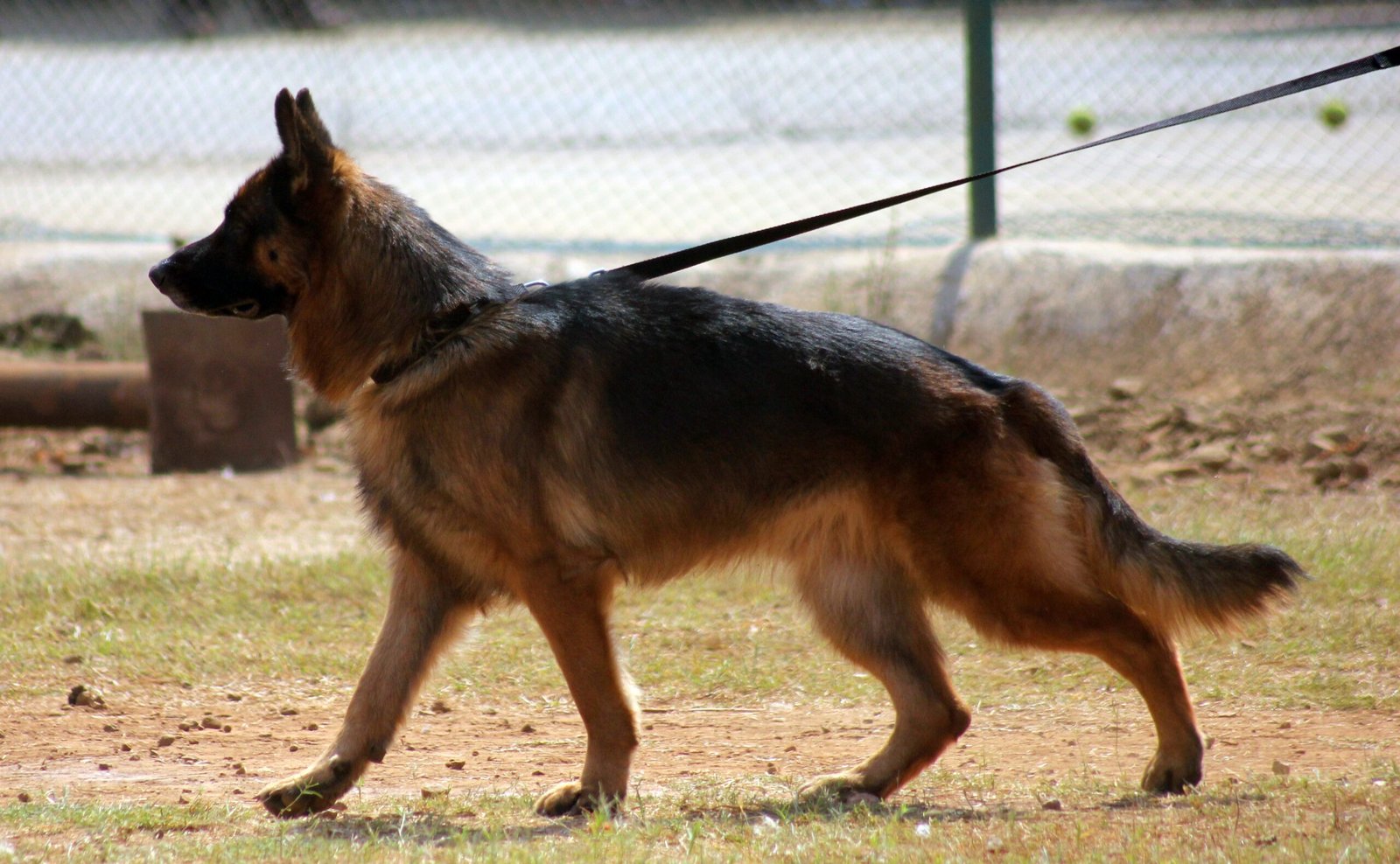
Walking a German Shepherd should be enjoyable, not a test of strength! These powerful dogs can easily drag you down the street if they haven’t learned proper leash manners. Start leash training as early as possible. Use treats and praise to reward loose leash walking, and stop moving forward when your dog pulls. Changing direction or standing still teaches them that pulling doesn’t get them where they want to go. Patience is your best friend here, and remember, short, frequent training sessions are more effective than one long, frustrating walk.
Overprotectiveness and Guarding Behavior

German Shepherds are natural protectors, but sometimes their instincts go into overdrive. Guarding the house, yard, or even their favorite person can become a problem if not managed. Socialization is the key—expose your dog to a variety of people, places, and situations from a young age. Teach them that not every stranger is a threat, and reward calm, relaxed behavior. If your dog becomes possessive over toys or food, practice trading games and teach them to “leave it” or “drop it” on command. Remember, you’re the leader, and your Shepherd will follow your cues.
Chasing Moving Objects

From squirrels in the park to joggers on the sidewalk, German Shepherds love a good chase. This herding instinct can get them into trouble if it’s not controlled. Work on strong recall (“come”) and impulse control exercises. Practice in a safe, enclosed area before testing your dog’s skills in the real world. Redirect their energy with games like fetch or frisbee, giving them an appropriate outlet for that chasing urge. It’s about channeling their natural instincts in a positive direction, rather than fighting them.
Digging Up the Yard
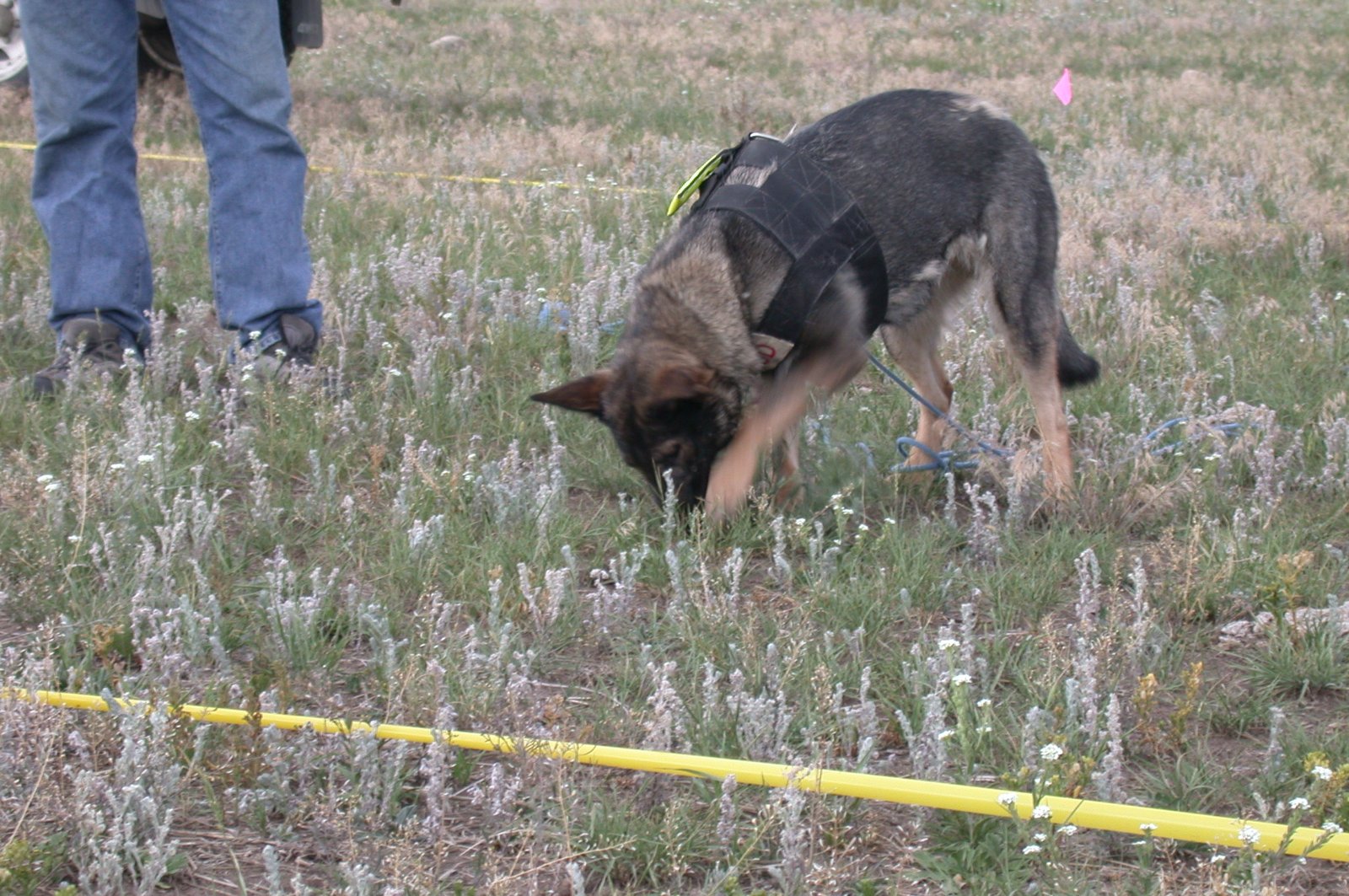
If your backyard looks like a lunar landscape, you’re dealing with a classic Shepherd digger! Digging is a natural behavior—sometimes it’s for fun, sometimes to cool off, and sometimes just out of boredom. Provide a designated digging spot, like a sandbox, and encourage your dog to use it by burying toys or treats. Make sure your dog gets enough exercise and mental stimulation. Filling holes with your dog’s own poop can be a surprisingly effective deterrent, as most dogs hate digging in it. A well-exercised dog is much less likely to rearrange your landscaping.
Resource Guarding
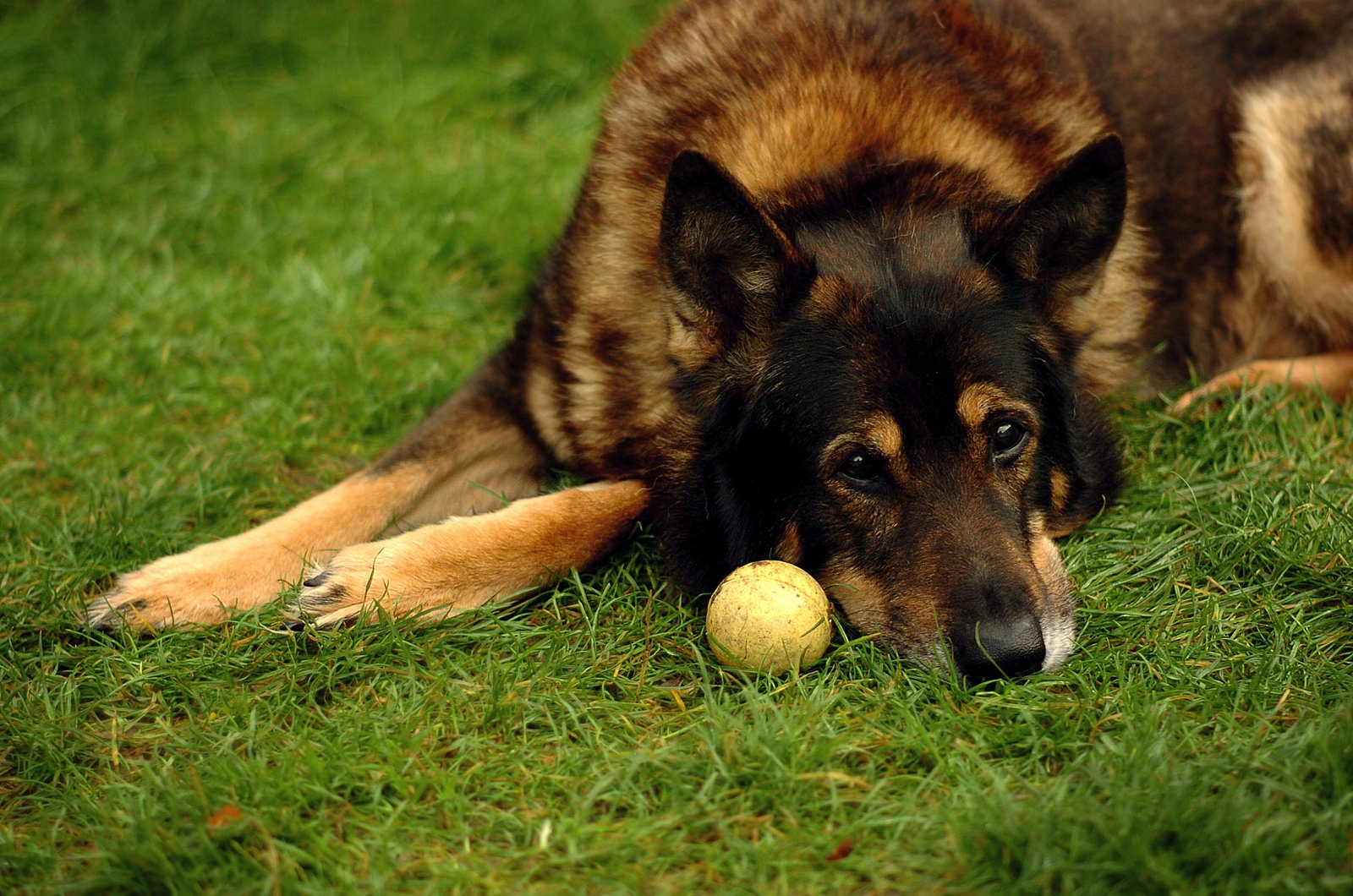
Some German Shepherds are so attached to their toys, food, or even their favorite person that they’ll guard them fiercely. This can lead to growling, snapping, or even biting if someone comes too close. The best way to prevent resource guarding is to practice trading games and teach your dog that giving things up leads to something even better. Never punish your dog for guarding; instead, build trust through positive reinforcement. If the guarding becomes aggressive, it’s wise to consult a professional trainer for help.
Aggression Towards Other Dogs

While many German Shepherds are friendly with other dogs, some may show aggression, especially if they’re not properly socialized. This can be scary and stressful for both you and your dog. Gradual introductions in neutral spaces, lots of treats for calm behavior, and avoiding tense situations are all important strategies. Never force your Shepherd into a meeting with another dog if they’re uncomfortable. Remember, you’re your dog’s advocate, and slow, positive experiences will help build confidence.
Hyperactivity and Lack of Focus
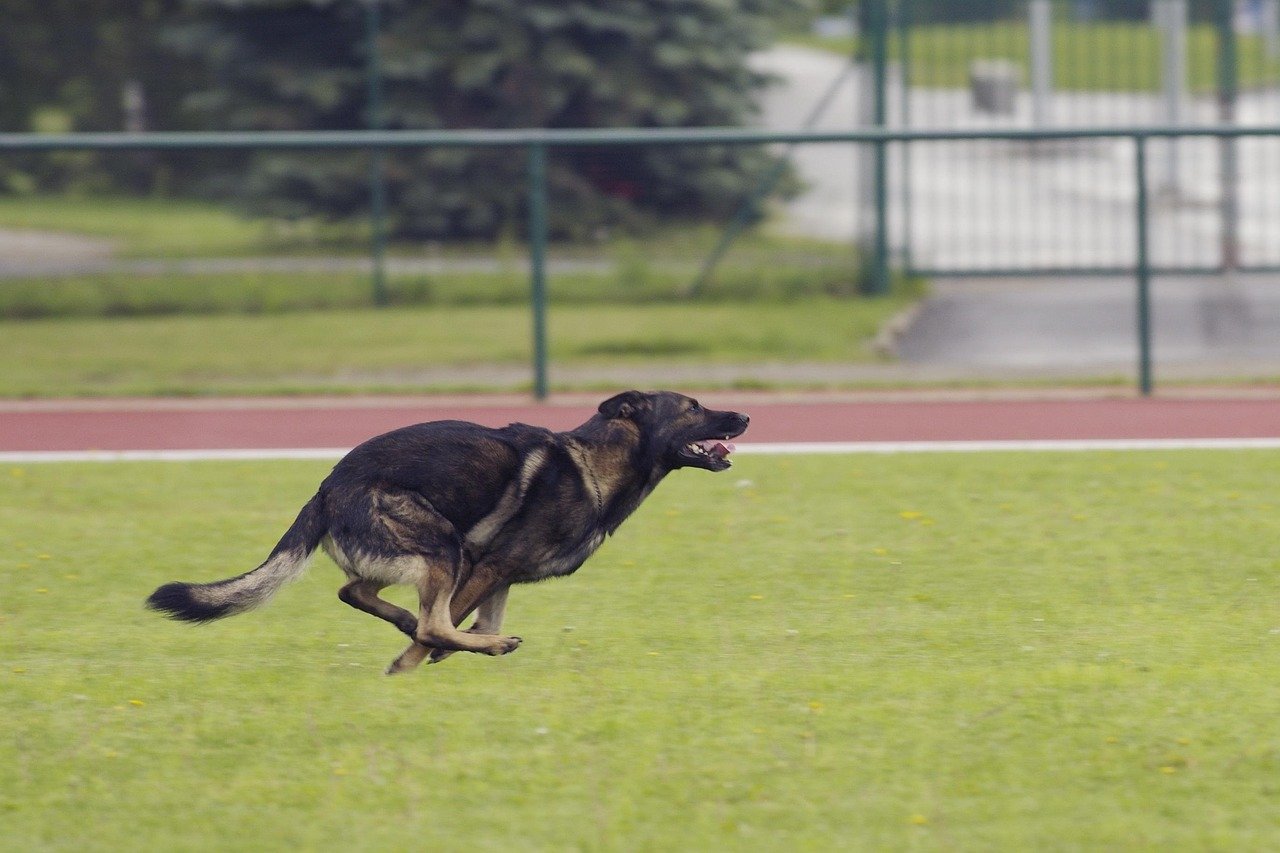
German Shepherds are bundles of energy, and if that energy doesn’t have a positive outlet, you’ll see bouncing, zoomies, and a dog who just can’t settle down. Regular exercise is a must—think long walks, runs, or agility classes. Mental stimulation is just as important; try puzzle toys, teaching new tricks, or scent games. Structure and routine can help your dog know what to expect and when it’s time to relax. Sometimes, hyperactivity is a sign your Shepherd needs more to do, not less.
Stubbornness and Testing Boundaries
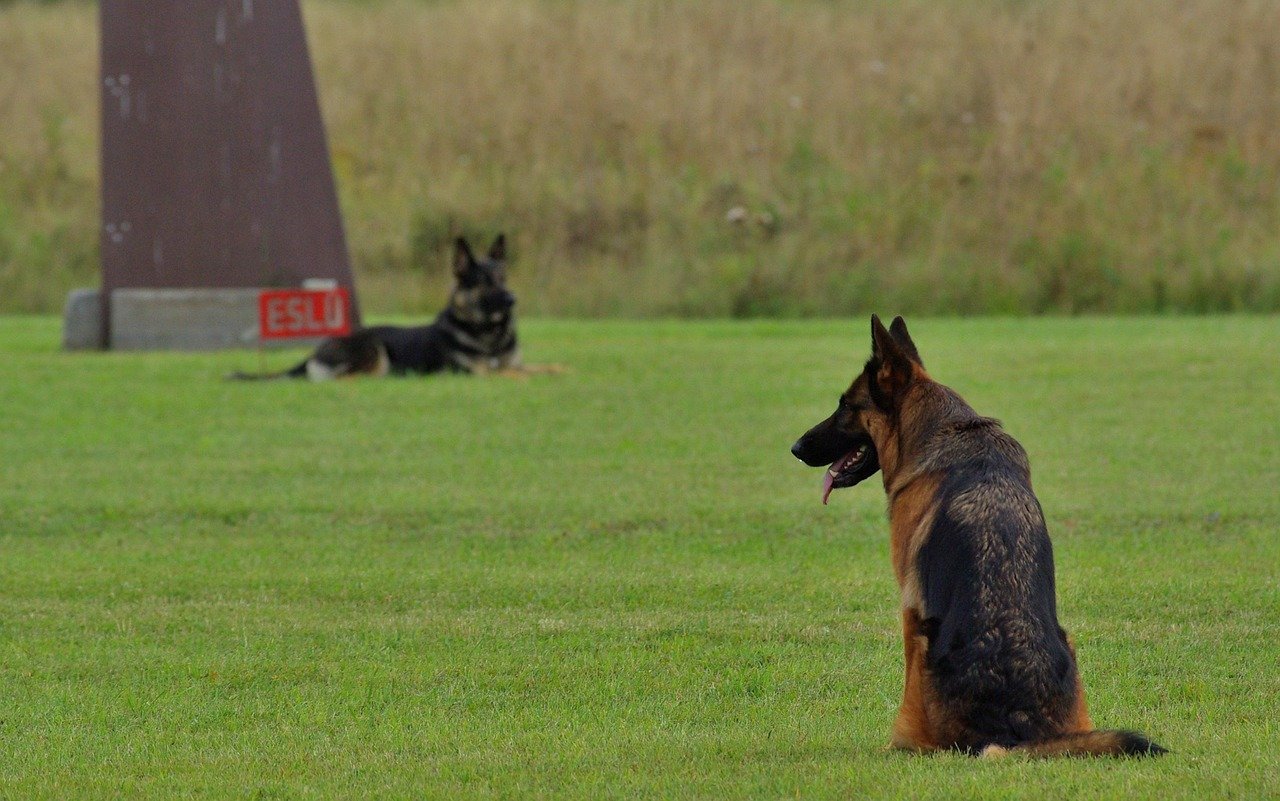
Smart dogs like German Shepherds can be just as stubborn as a toddler in a toy store. They like to test boundaries to see what they can get away with. Clear, consistent rules are vital. Use positive reinforcement to reward good behavior and avoid harsh punishments, which can damage your bond. Make training sessions fun and engaging—these dogs love a challenge and thrive on learning. Remember, patience and persistence will pay off, turning that stubborn streak into a love of teamwork.
While German Shepherds can be a handful at times, most of their behavioral issues come from boredom, lack of training, or misunderstood instincts. With the right guidance, consistency, and a bit of patience, you can turn those challenges into strengths. Remember, this breed thrives on structure and purpose. Addressing their needs head-on helps them become the loyal, well-mannered companion they’re meant to be.

Andrew Alpin from India is the Brand Manager of Doggo digest. Andrew is an experienced content specialist and social media manager with a passion for writing. His forte includes health and wellness, Travel, Animals, and Nature. A nature nomad, Andrew is obsessed with mountains and loves high-altitude trekking. He has been on several Himalayan treks in India including the Everest Base Camp in Nepal.

